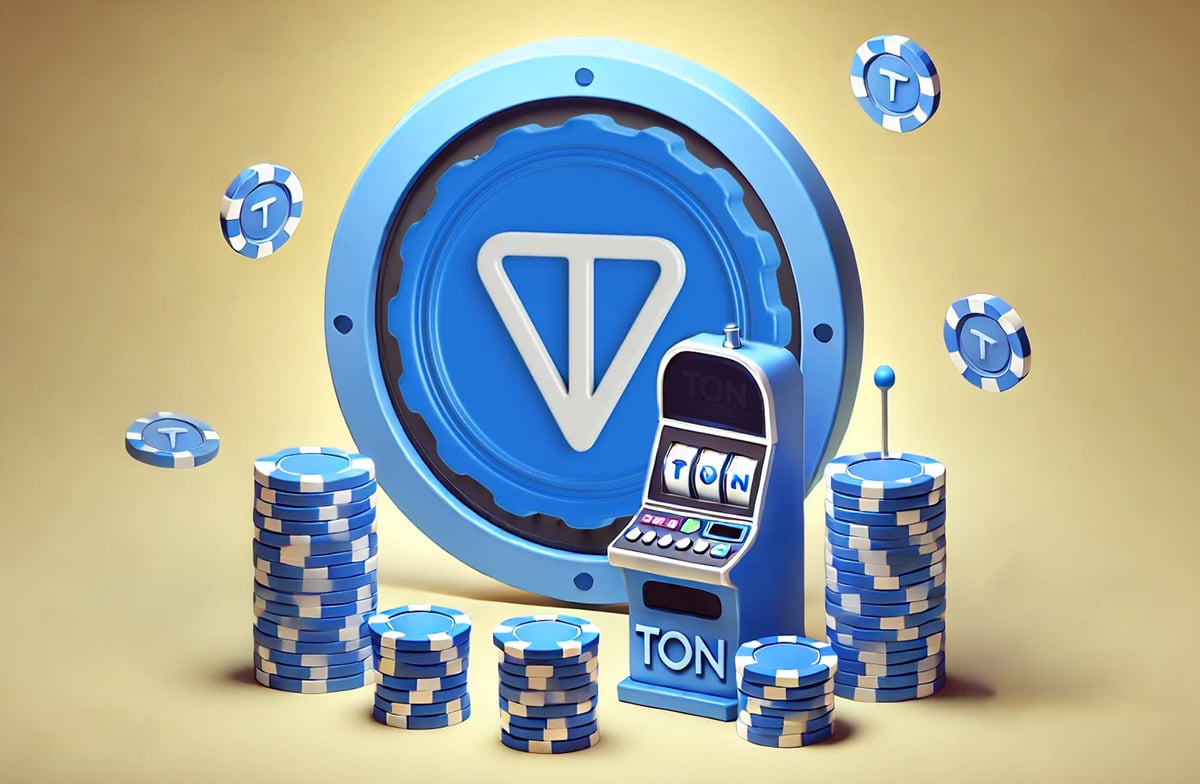Empowering Gamblers: Resources and Tools for Responsible Play
The world of gambling has always held an allure, drawing individuals into games of chance that promise excitement and the potential for financial gain. However, the fine line between fun and problematic behavior is fragile and can easily be crossed. As the gambling landscape evolves, so too do the resources and tools designed to empower gamblers in their pursuit of responsible play.
Understanding Responsible Gambling
Responsible gambling encompasses a set of practices that allow individuals to engage in gambling in a way that minimizes risk, prevents addiction, and promotes a healthy relationship with gambling activities. This approach aims to foster an environment in which enjoyment is prioritized over excessive risk-taking or problematic behaviors.
Recognizing the importance of responsible gambling, various organizations and platforms have developed resources to help individuals make informed decisions about their gambling habits.
Key Resources for Empowering Gamblers
- Self-Assessment Tools
Many online gambling platforms now offer self-assessment quizzes that help gamblers evaluate their habits and identify any warning signs of problem gambling. These tools often consist of a series of questions designed to gauge an individual’s relationship with gambling, including frequency of play, financial expenditure, and emotional well-being.
- Setting Limits
A fundamental aspect of responsible gambling is establishing personal limits. Numerous online casinos and betting sites provide tools that allow players to set deposit limits, wager limits, and session time limits. By enabling these features, gamblers can cultivate a sense of control over their behaviors and reduce the risk of overindulgence.
- Gam-Anon and Other Support Groups
For individuals who may be struggling with gambling addiction, peer support can be invaluable. Organizations like Gam-Anon offer support and guidance to individuals affected by someone else’s gambling habits. Participation in such support groups fosters a sense of community, encouraging open discussions and shared experiences as a means to promote healing and understanding.
- Educational Resources
Recognizing the power of knowledge, organizations such as the National Council on Problem Gambling (NCPG) and Gamblers Anonymous provide educational resources that outline the signs of problem gambling, the underlying risks, and strategies for keeping gambling fun and safe. These resources often include fact sheets, informative articles, and workshops designed to empower gamblers with knowledge and understanding of their choices.
- Self-Exclusion Programs
Many jurisdictions provide self-exclusion programs that allow individuals to voluntarily ban themselves from gambling venues or websites. This formal step can be a powerful tool for those who recognize that they need a break from gambling activities. Resources such as the National Association of Administrators for Disordered Gambling Services (NAADGS) can help individuals navigate these options effectively.
- Financial Management Tools
Responsible gambling is not solely about limiting time and expenditure; it also involves sound financial management. Individuals can seek support from financial advisors who specialize in problem gambling. Apps that track spending or budgeting tools that include gambling expenditures can help gamblers stay within their financial means while enjoying their favorite games.
Creating a Culture of Responsible Gambling
While it’s important for gamblers to seek out resources and tools, the gaming industry itself plays a crucial role in promoting responsible play. Online casinos and gaming establishments must prioritize player welfare by implementing rigorous responsible gambling measures. This includes staff training, clear advertisements about responsible gambling, and access to support resources.
Moreover, establishing a company culture centered around responsible gambling fosters an environment where safety and well-being are paramount. Regular audits and compliance with legal standards can ensure that gambling remains a source of fun and entertainment rather than a path to addiction.
Conclusion
Gambling can be a fun and engaging activity when approached responsibly. By utilizing various resources and tools available, gamblers are empowered to engage with their favorite pastimes without endangering their mental or financial well-being. The key lies in awareness, education, and support — not just for individuals but also for the industry as a whole. Building a culture of responsible gambling is vital, ensuring that all players can enjoy their experiences while maintaining control and safety. Ultimately, the goal is to create lasting, positive gambling experiences that don’t overshadow the lives of the players involved.



